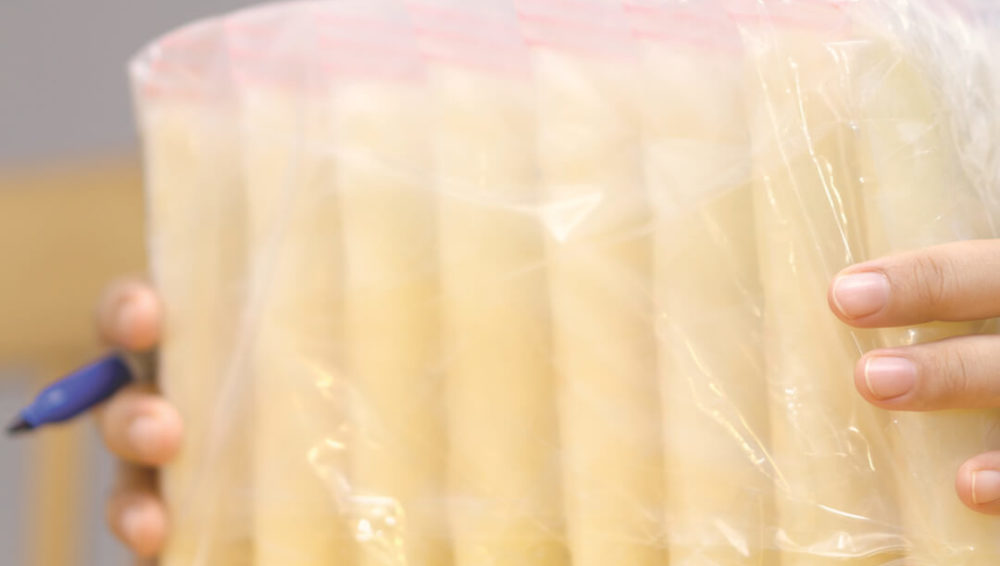All you need to know about milk banks and taking milk from other moms
Insights

Breast milk from other moms can transmit germs, viruses, and diseases, which is why it needs to be screened before donation.
Viruses and diseases, such as HIV, can pass through breast milk to the baby. However, children that drink breast milk from their own mothers are often not infected, because the baby has been given specific immunity having stayed in the mother’s womb. Doctors, therefore, do not recommend feeding infants with other people’s breast milk.
If you want to donate or accept breast milk donation, you should always contact a breast milk bank that screens for infections associated with breast milk donation.
Donor breast milk considerations
A donor’s breast milk should be considered and handled as a human body substance. All donors must pass through a rigorous screening process similar to that used for donating blood, which includes an interview, serological screening, and physician consent. Serological screening includes testing for hepatitis B and C, HIV, and the human T cell leukemia virus. All milk must be properly collected, stored, pasteurized, and cultured.
Breast milk banking
A breast milk bank should have a medical director and a governing board that includes physicians, dieticians, lactation consultants, nurses, and infection control representatives. Lactation consultants should oversee the daily operation of the milk bank. The services of dietary technicians and clerical support staff may also be needed.
Milk banking process
At the milk bank, the milk from up to four different mothers is batched to blend constituent variations. Then, the milk is thawed, and a bacterial culture is done. Subsequently, the milk undergoes Holder pasteurization (62.5°C for 30 min) in an industrial-grade pasteurizer, and another culture is done. With these laboratory checks, any milk found to be substandard will be discarded. While awaiting the final culture results, the milk is kept frozen. On receiving an order for human milk, the milk bank transports the frozen milk, thaws it, and dispenses as required.
Prepare to be a mother donor
Any donor mother must undergo the mentioned screening which must be repeated every six months. Mothers who smoke, drink, or takes medications are not accepted. Those taking over-the-counter medications are temporarily excluded during the period of the medication. Once accepted as a donor, a mother is taught the techniques for safe collection and storage of her milk. She may express one extra feeding or multiple feeds per day.
Think again before accepting milk from others
Are you considering feeding your baby with donated breast milk? You should know that there are possible health and safety risks for the baby. These risks include exposure to infectious diseases like HIV, chemical contaminants from drug use, or toxins from prescription drugs. All of which result from poorly screened and handled donated milk.
Verified:
Dr. Wanwadee Sapmee Panyakat (OB-GYN), license no. 41208 (20 February 2019)



